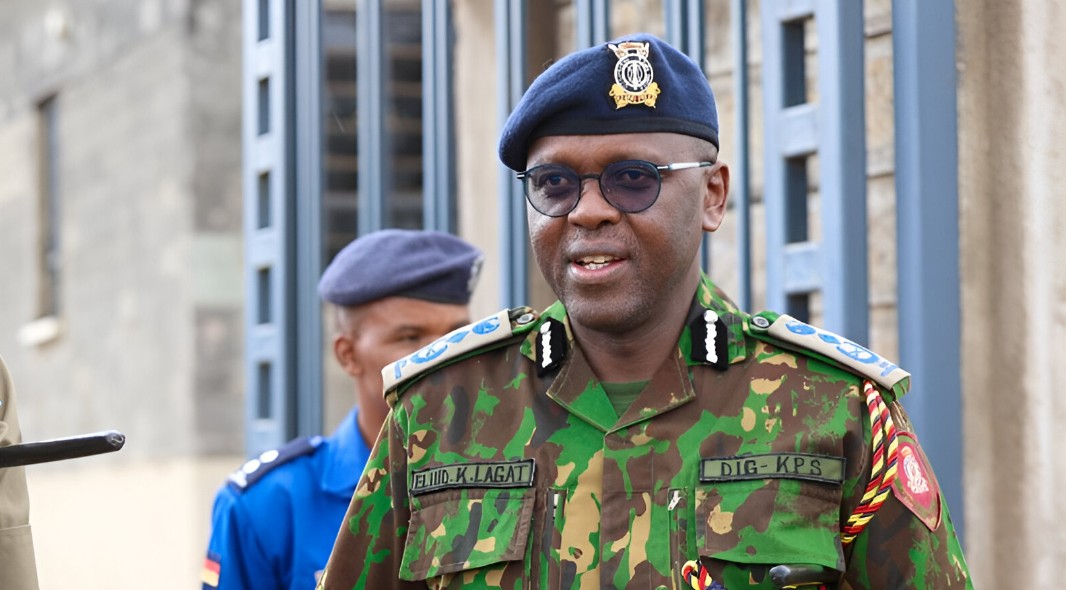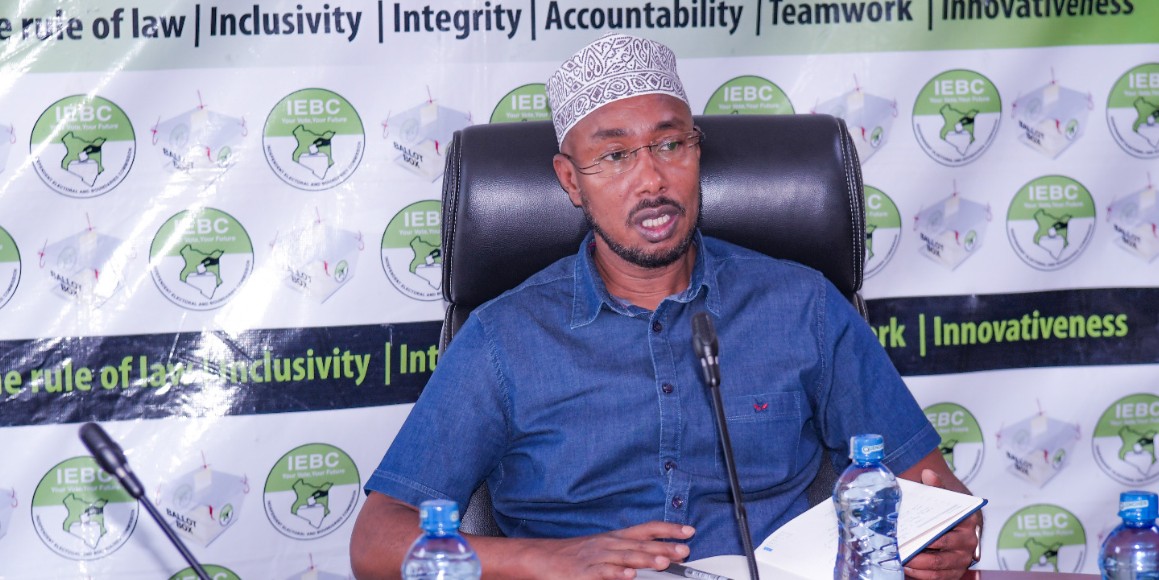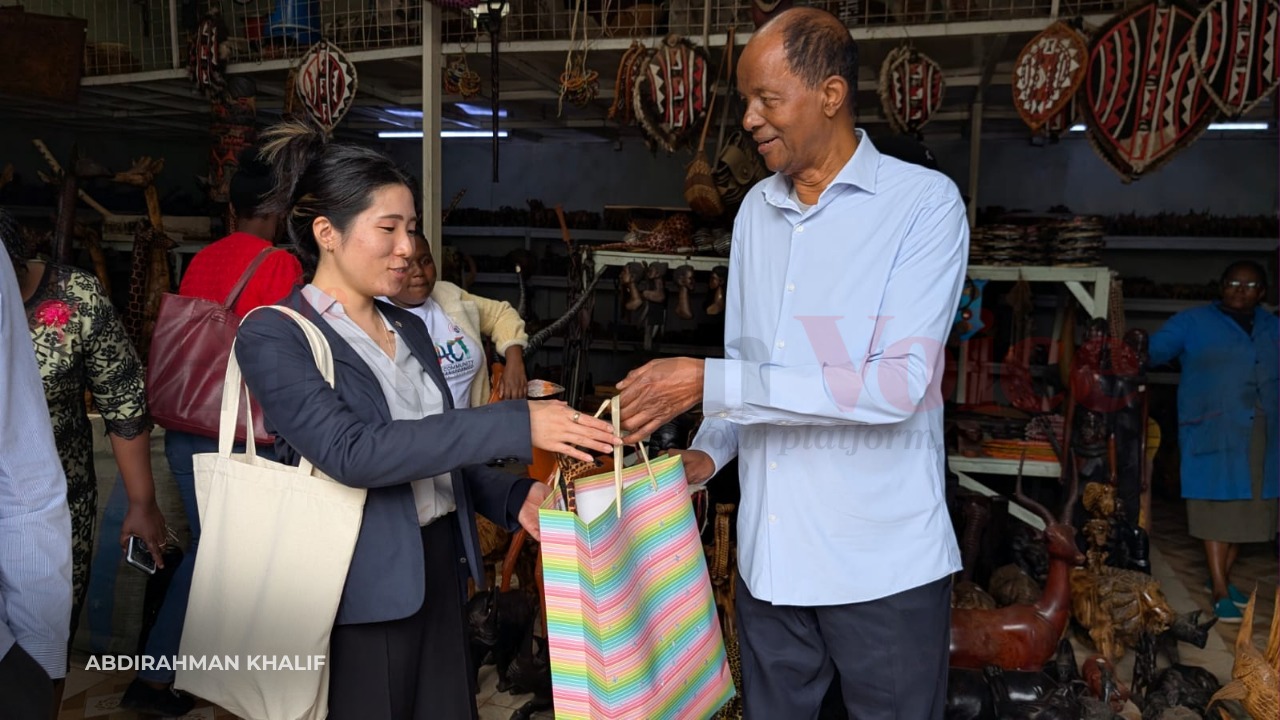Interpol issues fresh warning over globalisation of online scam centres

The report further notes that while not everyone working in a scam centre is a victim of human trafficking, many of those held against their will are subjected to debt bondage, extortion, beatings, sexual exploitation, torture, and rape.
Human trafficking-fuelled scam centres have expanded their global footprint, now affecting 66 countries as of March this year, according to a new crime trend update released by the International Criminal Police Organisation – Interpol.
The update, published this week, shows the crime is rapidly evolving and becoming dual-faceted, exploiting two distinct sets of victims.
More To Read
- Suspected gangsters in custody after killing accomplice in dispute over stolen phone
- Four arrested in Kayole over kidnapping of Moyale teen, woman in human trafficking probe
- Garissa County Commissioner Mohamed Mwabudzo warns youth against Libya-based human trafficking syndicate
- How artificial intelligence deepfakes, disinformation could shape Kenya’s 2027 elections
- 13 suspects arraigned over mugging in Eastleigh's Maries Stopes area
- WhatsApp developing AI-powered feature to assist users with writing, replying messages
“On one side are victims lured through human trafficking schemes, typically via false job advertisements, and detained in compounds where they are forced to carry out online social engineering scams. These individuals become victims of investment frauds linked to cryptocurrency and online gambling,” the report states.
Some of these job offers, which have previously ensnared even Kenyans, include call centre operators, skilled IT workers, and digital sales representatives, with victims often trafficked from Myanmar to Thailand.
The report, which is based on an analysis of crime trends and Interpol notices issued over the past five years, indicates that while 74 per cent of human trafficking victims were taken to centres in the original South-East Asia “hub”, similar scam operations have increasingly been identified in other regions, including the Middle East, West Africa, and Central America- areas that may be developing into new regional hubs.
“While approximately 90 per cent of human trafficking facilitators were from Asia, 11 per cent originated from South America or Africa. 80 per cent of facilitators were male, and 61 per cent were aged between 20 and 39,” the document adds.
The report further notes that while not everyone working in a scam centre is a victim of human trafficking, many of those held against their will are subjected to debt bondage, extortion, beatings, sexual exploitation, torture, and rape.
On June 7, 2023, Interpol issued a global warning regarding fraud driven by human trafficking, cautioning its member states that the crime was becoming deeply entrenched and posed an imminent threat to public safety.
At the time, Interpol stated that although scam centres were initially concentrated in Cambodia, further trafficking hubs had been identified in Laos and Myanmar. Since then, similar operations have emerged in at least four more Asian countries, with increasing evidence showing the modus operandi being replicated in regions such as West Africa, where cyber-enabled financial crime is already widespread.
“Likewise, the geographical diversity of both sets of victims has dramatically increased. While initial trafficking victims were Chinese-speaking individuals from China, Malaysia, Thailand or Singapore, more recent victims have been trafficked from as far afield as South America, East Africa and Western Europe. What began as a regional crime threat has become a global human trafficking crisis,” said Mr Jürgen Stock, Interpol Secretary General at the time.
Today, Interpol warns that the criminal networks behind this crime are increasingly leveraging emerging technologies, including artificial intelligence, and converging with other major crime areas; developments that could further transform these scam centres as the trend continues to evolve.
“AI has been used to craft convincing fake job adverts that lure trafficking victims, and to generate fake online images or profiles through ‘deepfake’ technology used in sextortion and romance scams, among other social engineering schemes,” the report adds.
Interpol’s analysis also reveals that the same routes used to traffic people into scam centres are being exploited to traffic drugs, firearms, and protected wildlife species.
“The reach of online scam centres spans the globe and represents a dynamic and persistent international challenge. Tackling this rapidly globalising threat requires a coordinated international response. We must enhance the exchange of information between law enforcement agencies across the growing number of affected countries and strengthen partnerships with NGOs assisting victims, as well as technology companies whose platforms are being exploited,” said Cyril Gout, Acting Executive Director of Police Services at Interpol.
What began as a shadow pandemic alongside Covid-19 has escalated dramatically over the years, a trend that shows no signs of slowing.
Interpol notes that this geographical spread has been facilitated by transnational organised crime groups based in Asia, as well as local or regional criminal networks.
The organisation is urging member states to intensify intelligence-sharing and bolster collaboration between law enforcement, NGOs, often the first point of contact for victims, and technology firms, which are frequently manipulated to support these crimes.
Top Stories Today















































